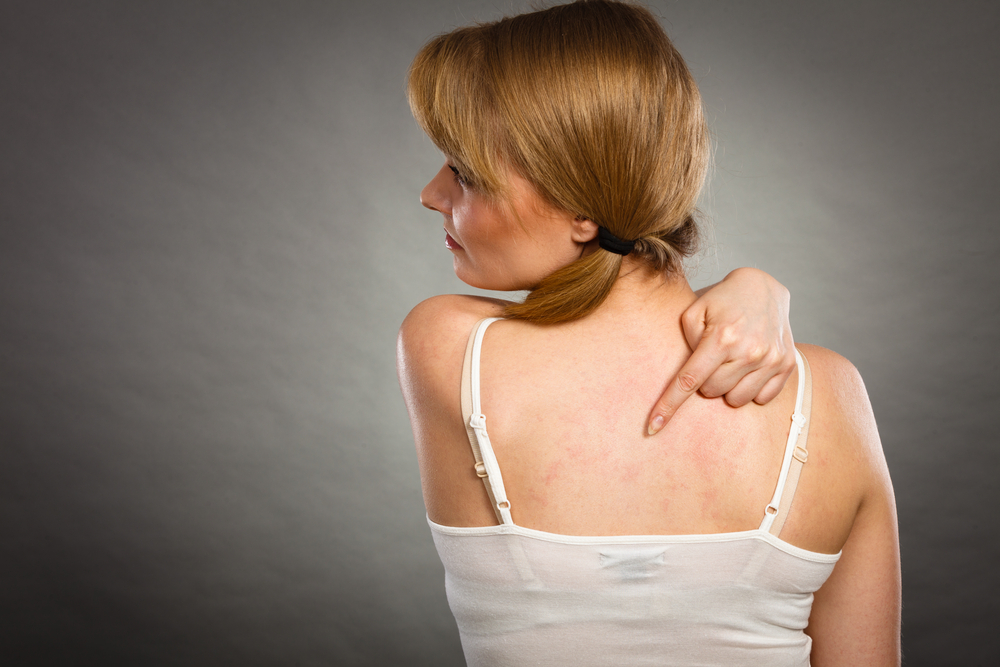Treatment Procedures And Home Remedies For Eczema
The treatment process for most types of eczema is longa, but it is not strenuous. A direct comparison with the pictures of eczema guides the doctor about the progress of your condition. The treatments are not strenuous as they usually involve the application of ointments and creams, and small batches of oral medications. Only if the condition worsens will the doctors recommend procedures such as light therapies and behavior modifications to prevent the patient from scratching. Following is more information on effective treatment methods for eczema.
Which are the medications used to treat eczema?
Doctors will recommend comparing your condition on the basis of your current pictures of eczema to understand the progress.

- Creams and ointments
A corticosteroid cream or ointment is one of the most common medications to treat any type of eczema. Application of this ointment is equally important as overuse can have massive side effects. Other creams include calcineurin inhibitors that affect the immune system and hence must be avoided. - Infection medication
There is a high possibility that the cause of your eczema is an internal infection. In such a case, the doctor will recommend antibiotics that can kill the bacteria and treat the infection. You can also get antibiotic creams for external use.
Are there any therapies that can provide effective relief from eczema?
Doctors look at pictures of your eczema and recommend a therapy that is apt for your condition. Following are a few examples of therapies that the doctor may recommend:
- Wet dressings
An effective way to treat severe eczema includes wrapping the rashes with topical corticosteroids and wet dressings. For patients who have widespread lesions, the therapies are done at a clinic as it involves intense labor. - Light therapy
This treatment is only for severe condition of eczema. It is used for patients who do not respond to the initial medical treatment or witness an extended flare after their treatment either through medication or therapy. Phototherapy is the most popular form of light therapy; it exposes the skin to controlled amounts of sunlight. Other forms use artificial ultraviolet A (UVA) and narrow band ultraviolet B (UVB).
What are the home remedies for eczema?
Pictures of eczema can tell you the type of eczema you are suffering from. Once diagnosed, following are a few home remedies you can try for relief:
- Applying vegetable shortening
The thick and greasy staple from the kitchen can work wonders on the eczema rash. Gently apply it on the rash as well as the dry or cracked skin, cover it with a plastic wrap and the secure it with surgical tape. Leave it for two to three hours and then wash it off. - Aloe Vera Gel
Aloe Vera Gel is widely known for providing a cooling effect on irritated skin. Eczema rashes and itching can also be soothed with the help of this natural remedy. If you have an aloe plant, just cut one of the leaves and apply the fresh gel on your rash.
Which are the prevention measures for eczema?
Following are some of the preventive measures for eczema. You can refer to pictures of eczema to confirm if you have the condition.
- Moisturizing the skin
Different types of creams, ointments, and lotions can lock the moisture in the skin. You can use the product of your choice or even home remedies as long as your skin is moisturized well. You must moisturize your skin at least twice a day. For babies, you can stick to petroleum jelly. - Identify and avoid triggers
Sweat, stress, obesity, exposure to detergents, dust and soaps, and pollen can worsen an eczema. Keep yourself away from these triggers. As for children and infants, they are affected by food products like egg, milk, soy, and wheat. - Bleach bath
A bleach bath to prevent the flares associated with eczema is recommended by the American Academy of Dermatology. A diluted bleach bath can have a positive impact by reducing the bacteria on the skin and treating related infections.

